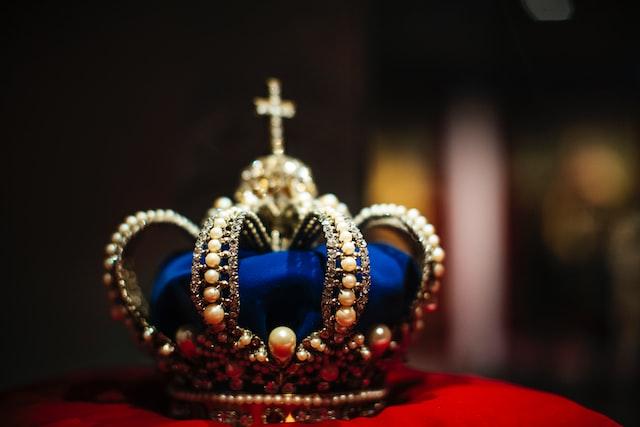
Commemorated as a Saint by the Catholic Church, and chosen by Hungary, Poland and Bohemia as their patron, who was this holy king?
Newsdesk (23/11/2022 12:15, Gaudium Press) St. Wenceslaus, Duke of Bohemia, is, in fact, one of the most radiant figures of the 10th century. Grandson of a saint, but the son of a fanatical pagan mother, he became the complete embodiment of what a Christian royal should be.
Wenceslaus was born in 907 and was brought up by his grandmother, Saint Ludmila, who taught him the precepts of Christian kindness, forming the young ruler to be a faithful lieutenant of God and an authentic representative of Christ, imbuing him with a truly supernatural and holy character.
To the many accomplishments that Wenceslaus achieved during his short rule, God added to these the seal of martyrdom, thus giving to his completed works an eternal value.
Virtue proven by supernatural signs
The fame of Wenceslaus’ virtues spread throughout the world. He was admired and loved by all of Christendom. True friend of his people, dedicated to the service of the nation, austere and generous, protector of the poor, defender of the Faith and loyal subject of the Church, he was also a fearless and committed soldier. Otto, Emperor of Germany, summoned Wenceslaus to attend the Diet of Worms and showered him with attention.
One day, however, during that assembly, Wenceslaus unwittingly lingered in church. When he arrived late, the Emperor and the other princes, annoyed by the duke’s tardiness, had resolved not to rise, as was the custom, at the entrance of the delayed dignitary. But as soon as the duke entered the room, the nobles saw that two Angels were accompanying him!
Taken with admiration and respect, the Emperor rose to receive him and gave him the seat on his right. How could they deny him honour when the Angels themselves were giving it to him? The Emperor, in token of his esteem, presented him with two precious relics: an arm of Saint Vitus and the bones of Saint Sigismund, King of Burgundy and also a great soldier.
Martyrdom
“His mother Draomira and his brother Boleslaus, unhappy with Wenceslaus’ popularity, devised a diabolical plan to end Wenceslaus’ life. On September 28th, 935, during the baptismal feast of their nephew, while everyone was celebrating, Wenceslaus retired to the chapel to pray. Draomira suggested to her son Boleslaus that this would be the best time to kill him. Boleslaus broke into the chapel and stabbed his own brother right there upon the church altar.
However, they did not have time to taste the power and throne they had wanted to usurp from Wenceslaus, for within a few days Draomira died a tragic death and Boleslaus was condemned by Emperor Oton I.”[2] The Emperor posthumously gave Wenceslaus the title of ‘King’, and that is how the holy saint has come to be known in both legend and song.
[1] CORRÊA DE OLIVEIRA, Plinio. Extracted from conference of 27/9/1966.
[2] Pious Society of the Daughters of St. Paul, Paulines.
Compiled by Roberta MacEwan